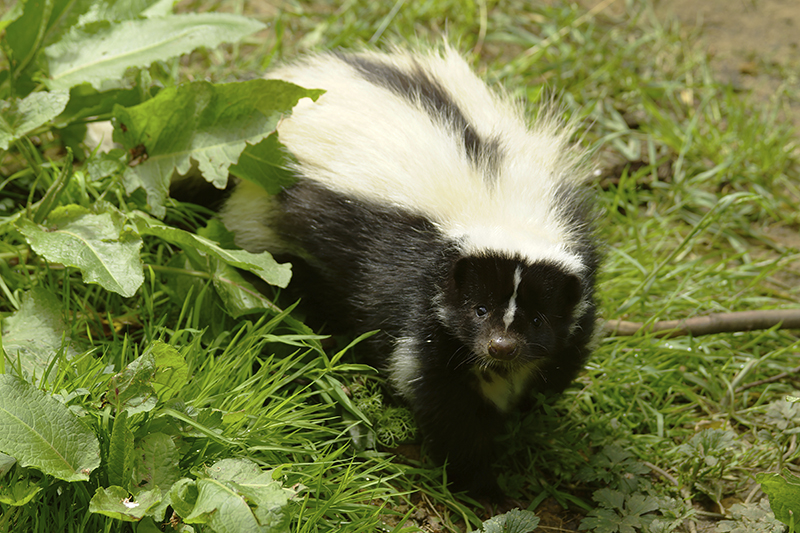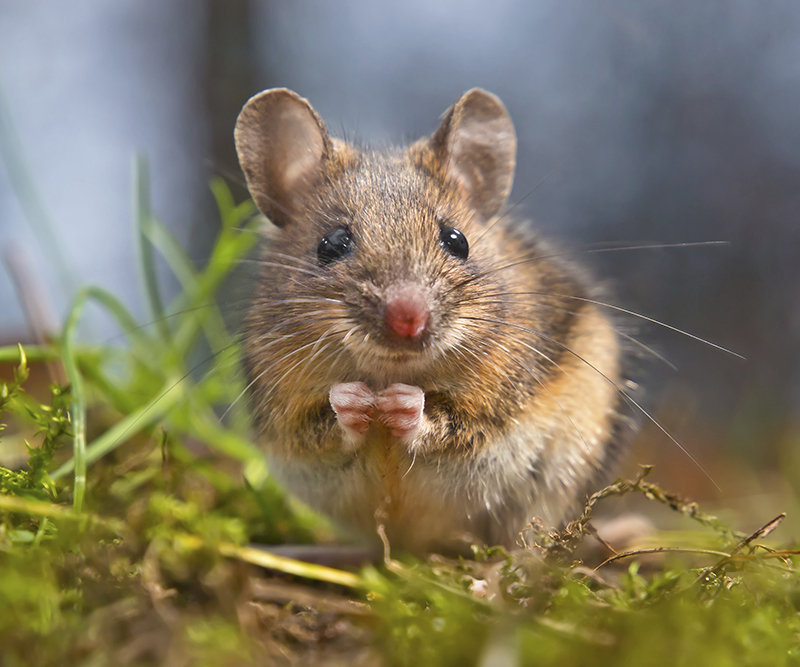Got Wildlife Troubles?
With urban encroachment stretching out across Maryland in the form of subdivisions and housing tracts, it has become commonplace for wildlife such as skunks, mice and rats to invade homes and properties.
Rats and Mice
Norway rats and common mice are often encountered by homeowners in Howard County, Maryland. Rats normally take up residence and create burrows approximately 150 feet from a reliable food source. House mice prefer to actually move into a house to be even closer to a ready supply of food, but if they cannot gain access to the home’s interior they will nest in grass, an outbuilding or another sheltered location. Ideally, a house mouse tries to nest within 30 feet of a reliable food source. Rats and mice have been known to spread disease to humans, so most people want to put as much distance as possible between themselves and the furry rodents.
Striped Skunks
Striped skunks are nocturnal, and often homeowners will not even know they have a skunk problem until they see damage. Indications of a skunk living close are flowerbeds or gardens that are dug up during the night. The skunk will dig in search of grubs and other insects in lawns or gardens. Homeowners might also smell the skunk because skunks spray to mark their territories. Skunks have also been known to kill chickens and invade hen houses for eggs. In some instances, a skunk might take up residence under a person’s deck or in an outbuilding.
Avoiding Wildlife Problems
Often the best thing homeowners can do to deal with such pests to is take steps to avoid the problem.
- Seal up areas around decks and under houses with screen or caulking to keep out rats, mice and skunks. Mice can easily enter a home along electrical conduits and plumbing pipes, or through small cracks in the home’s walls or foundation.
- Monitor areas around the home to make sure rats are not trying to chew through the home’s exterior.
- Doors and windows should close tightly, with no gaps to allow the pests access to the home’s interior.
- Do not leave food or garbage around the home’s perimeter that might attract wildlife pests.
- Make sure that all garbage cans have tight-sealing lids.
- Avoid allowing bird seed to fall on the ground from bird feeders.
- Always keep compost covered or in a compost container.
Even with the best preventative efforts, wildlife pests sometimes still manage to become a nuisance that must be dealt with swiftly. Any time there is a wildlife pest problem, homeowners should consider calling a professional wildlife removal company to humanely and efficiently handle the problem.



